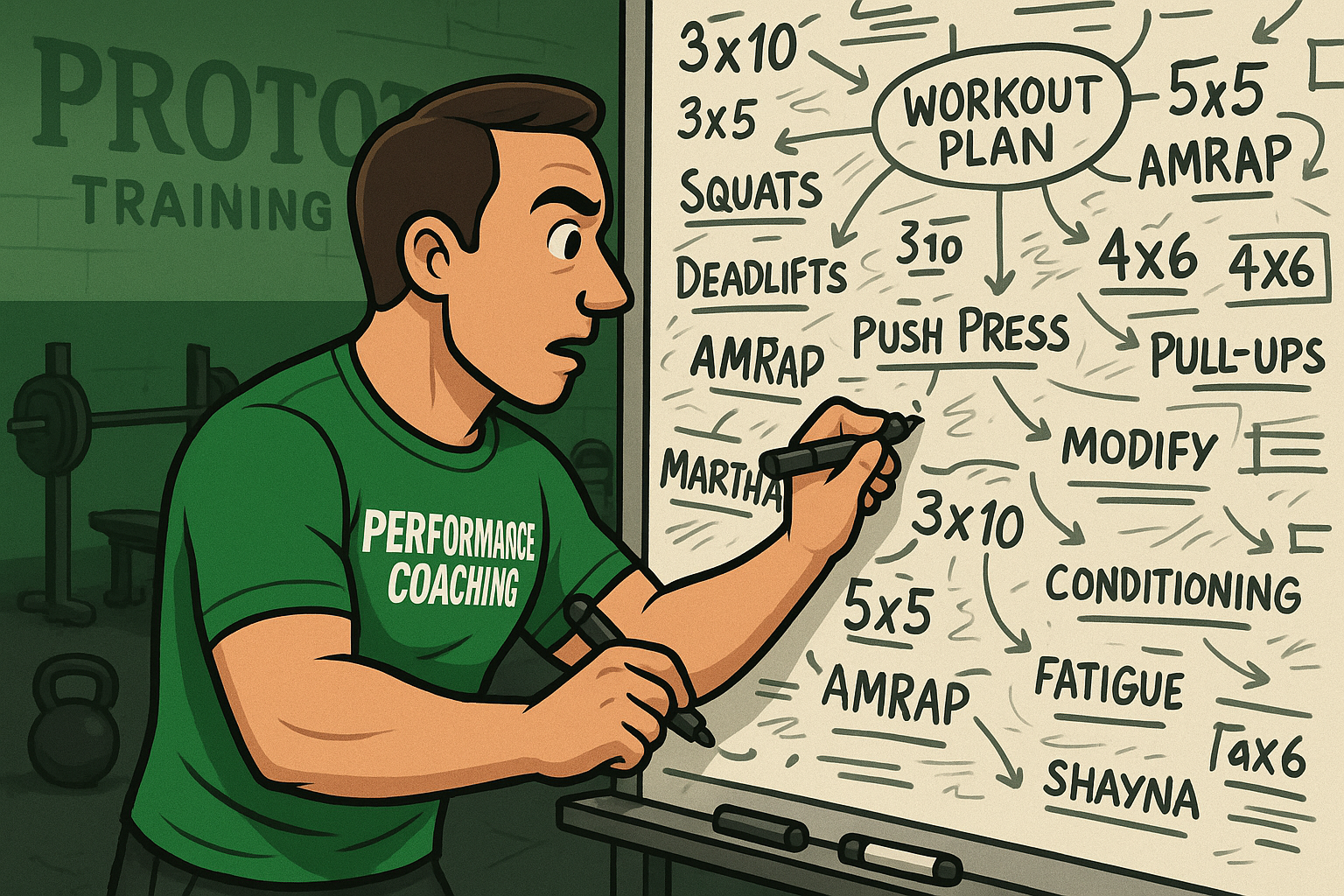Developing Young Leaders: Bouncing Back from Adversity
Bouncing Back from Adversity
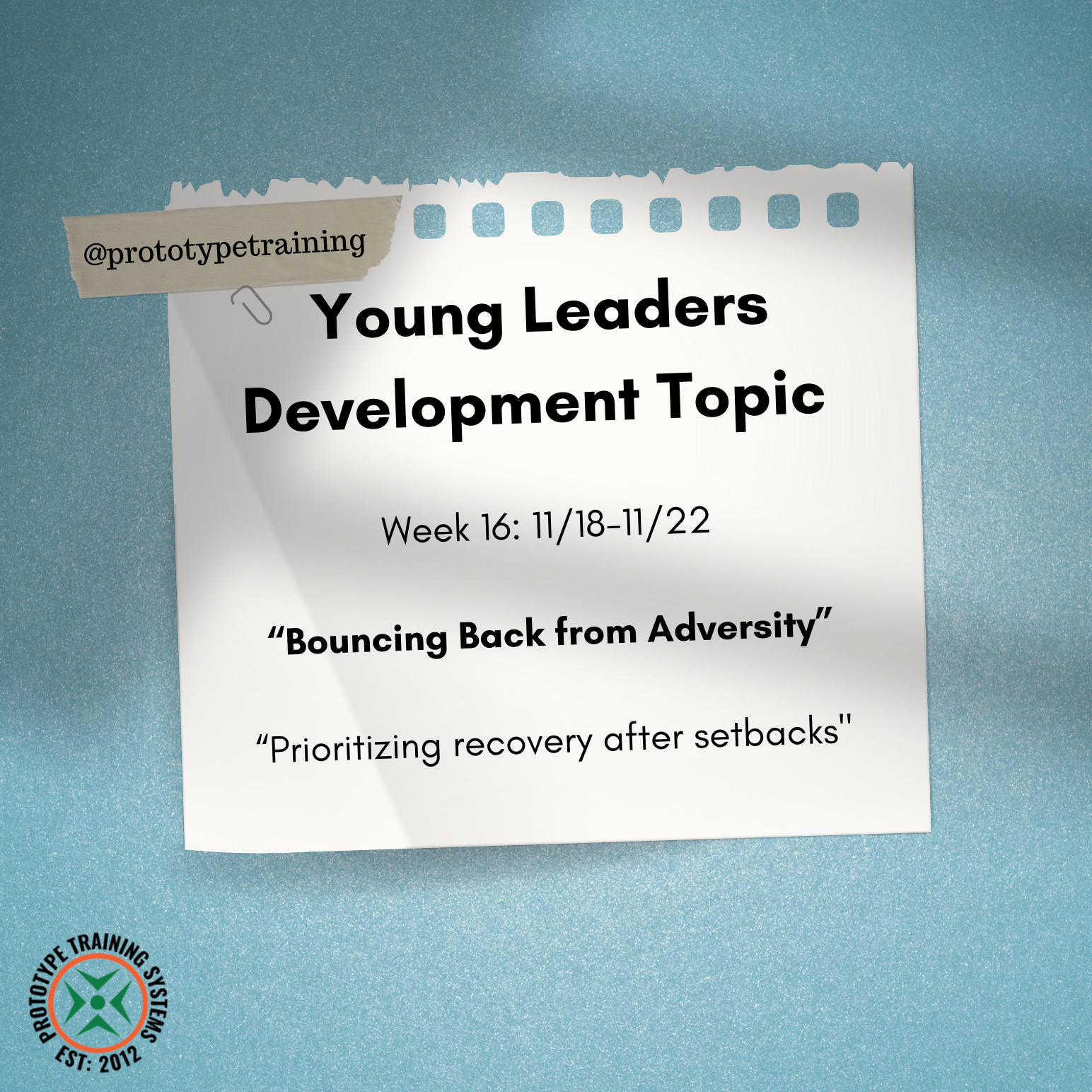


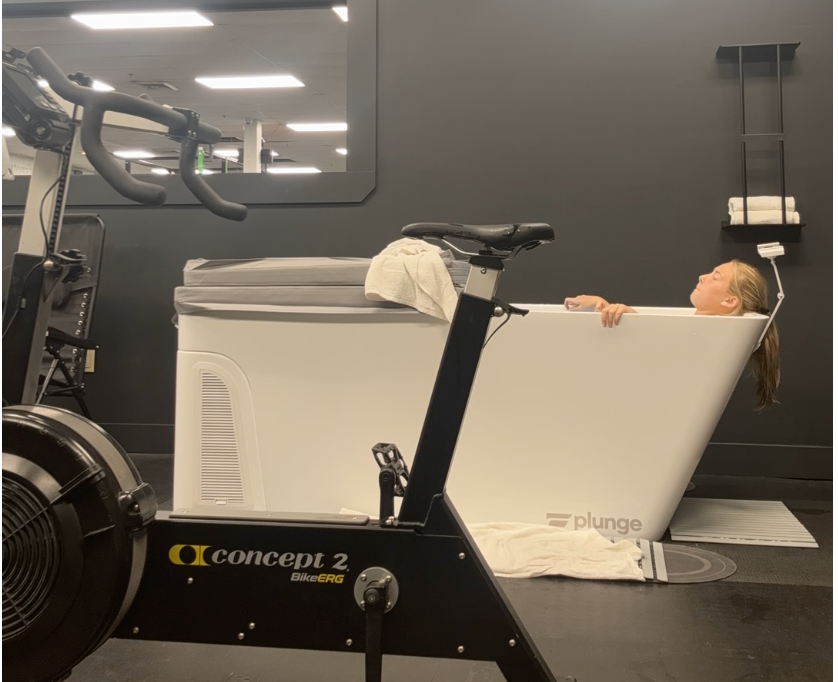
The Mental Game
The ability to stay focused, trust the process, and keep pushing forward, even when the odds were against her, shows the power of a resilient mindset. As we often emphasize in our recovery sessions, this mental strength is just as important as physical recovery. Setbacks are an inevitable part of any journey, and the ability to overcome them is a skill that benefits athletes not only in sports, but in all areas of life.
When we work with teams like the Westborough Girls Varsity Soccer team, we focus on both physical recovery and mental resilience. We understand that recovery is more than just reducing soreness or preventing injury—it’s about preparing athletes to perform at their peak, no matter the challenges they face. Through tailored training programs combined with recovery protocols—including the sauna, cold plunge, and compression boots— we help athletes enhance circulation, reduce muscle fatigue, and speed up recovery. Equally important, we focus on the mental aspect of recovery—helping athletes stay focused, calm, and confident, even in high-pressure moments
By integrating both physical recovery and mental conditioning, we ensure that athletes not only recover but thrive. Teams that prioritize this balanced approach are better equipped to handle the demands of the game, bounce back from setbacks, and perform at their best when it counts. It's this holistic focus on performance and well-being that makes our work with teams like Westborough so impactful—and a game-changer for coaches looking to take their athletes to the next level.

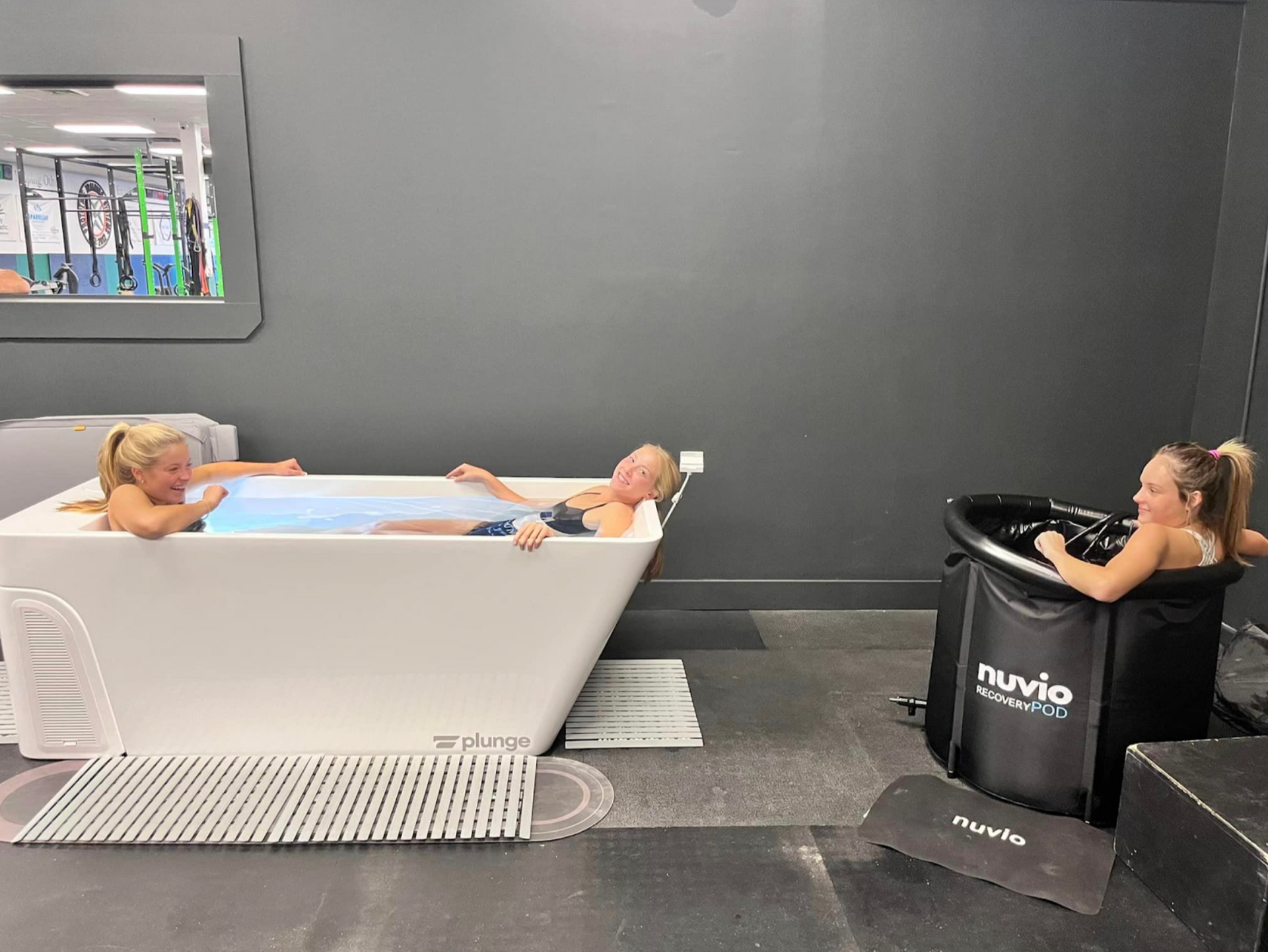
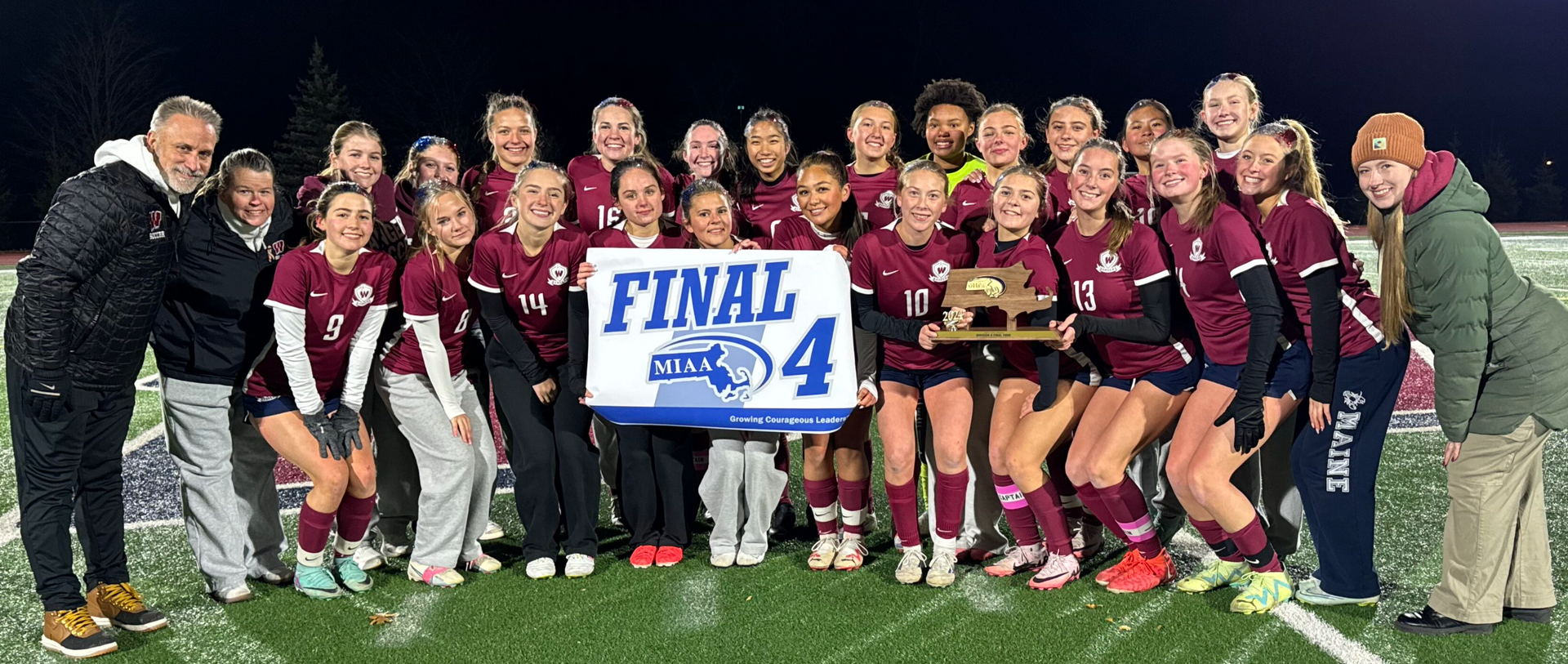
Previous Blogs
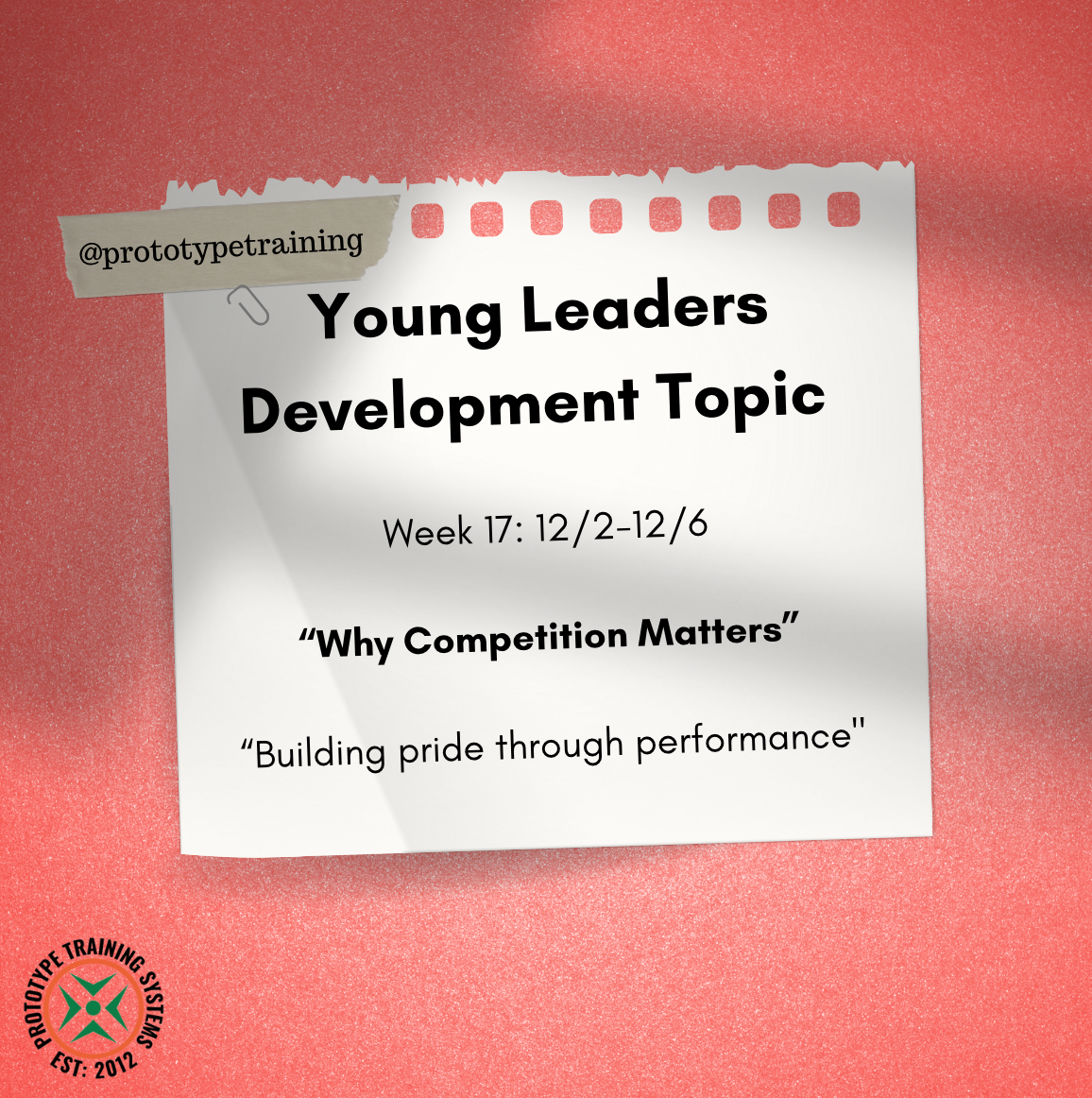
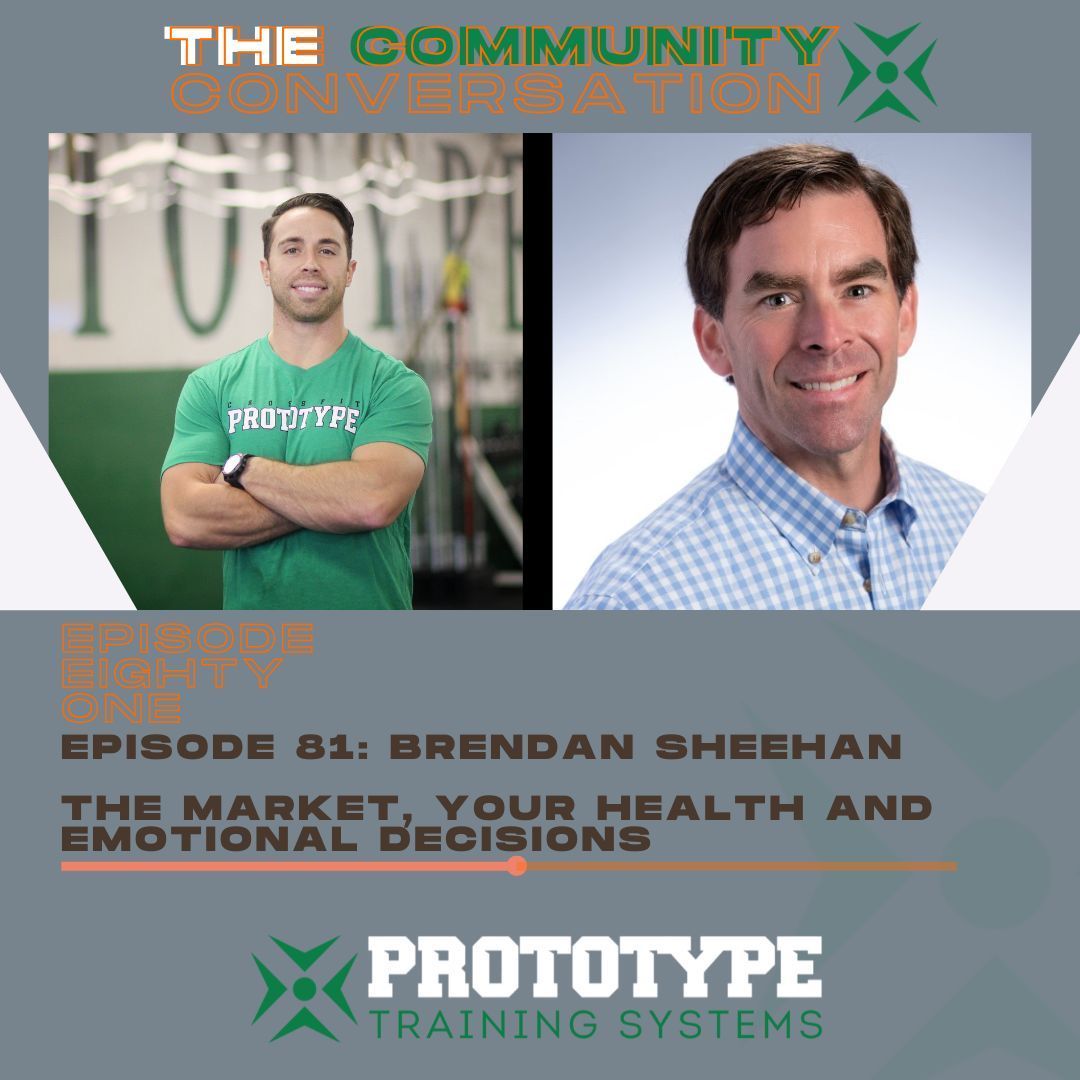
Climb to New Heights
Prototype Training Systems is more than a gym - it is a lifestyle. Join us today!

